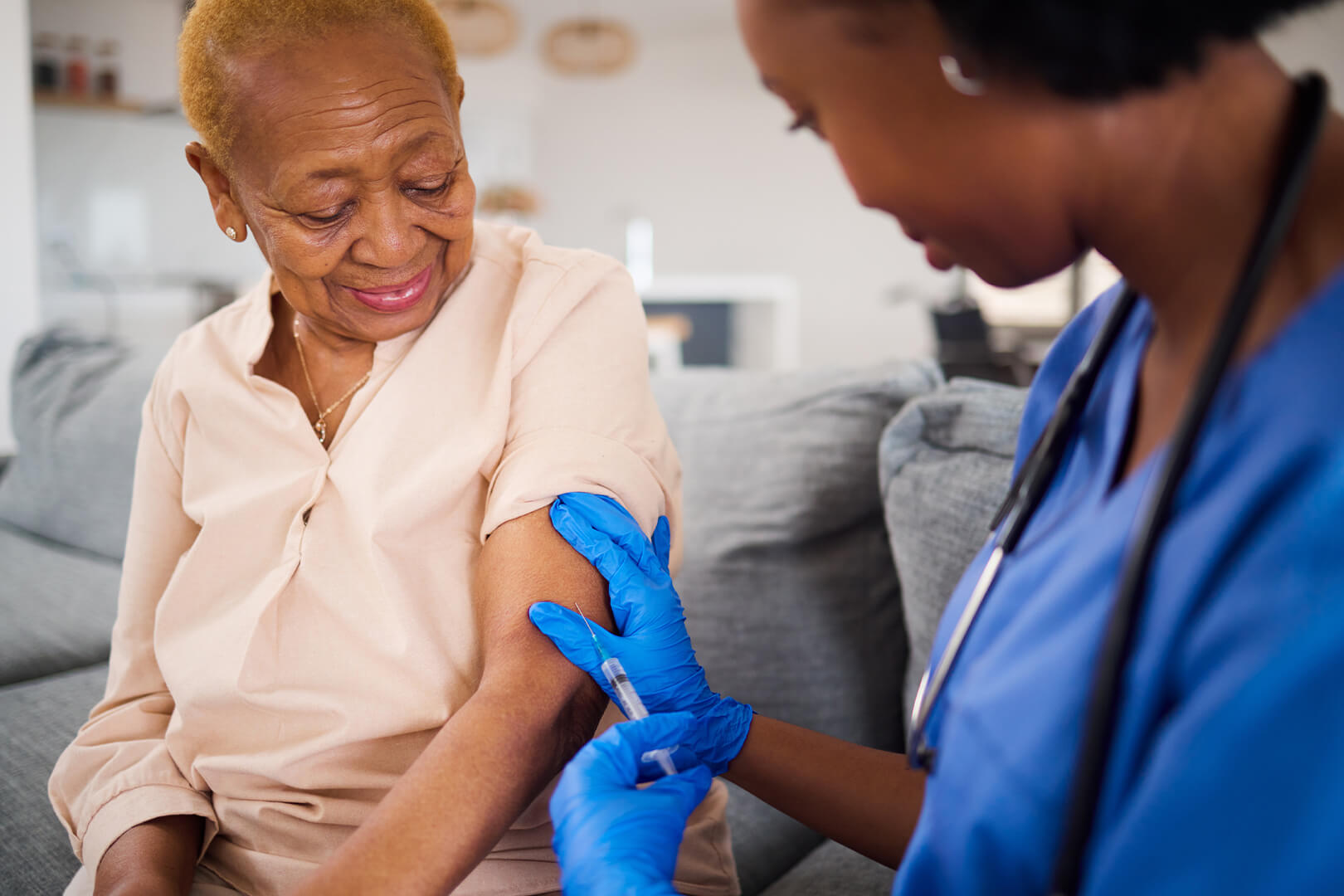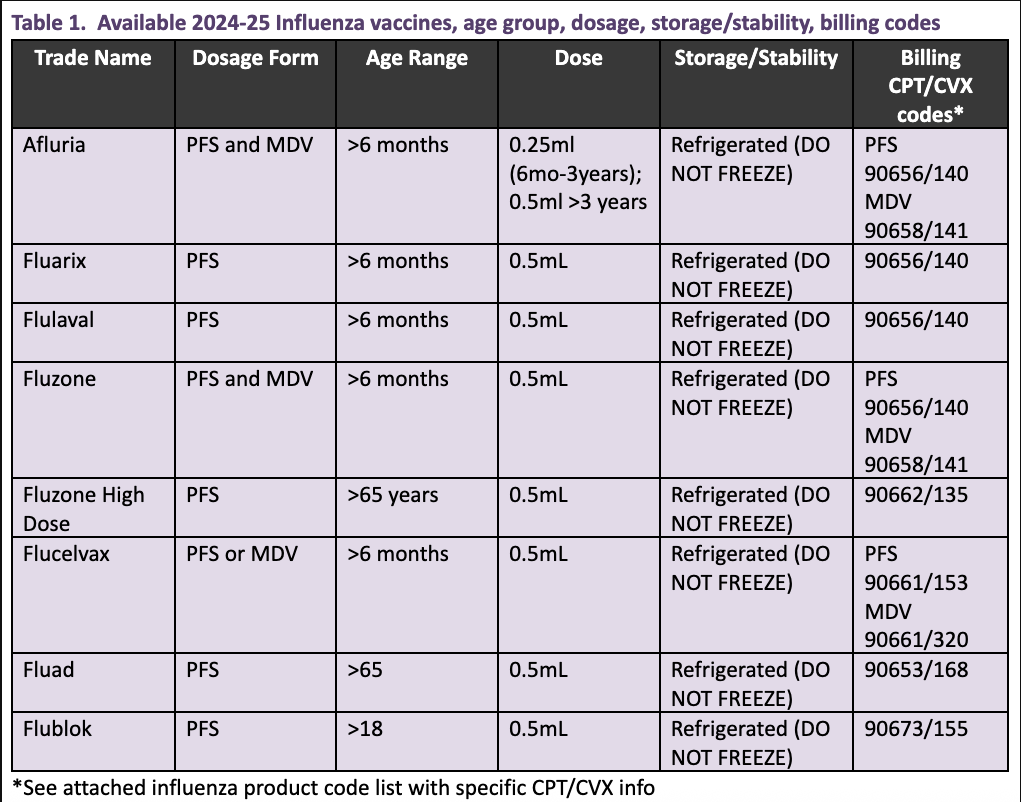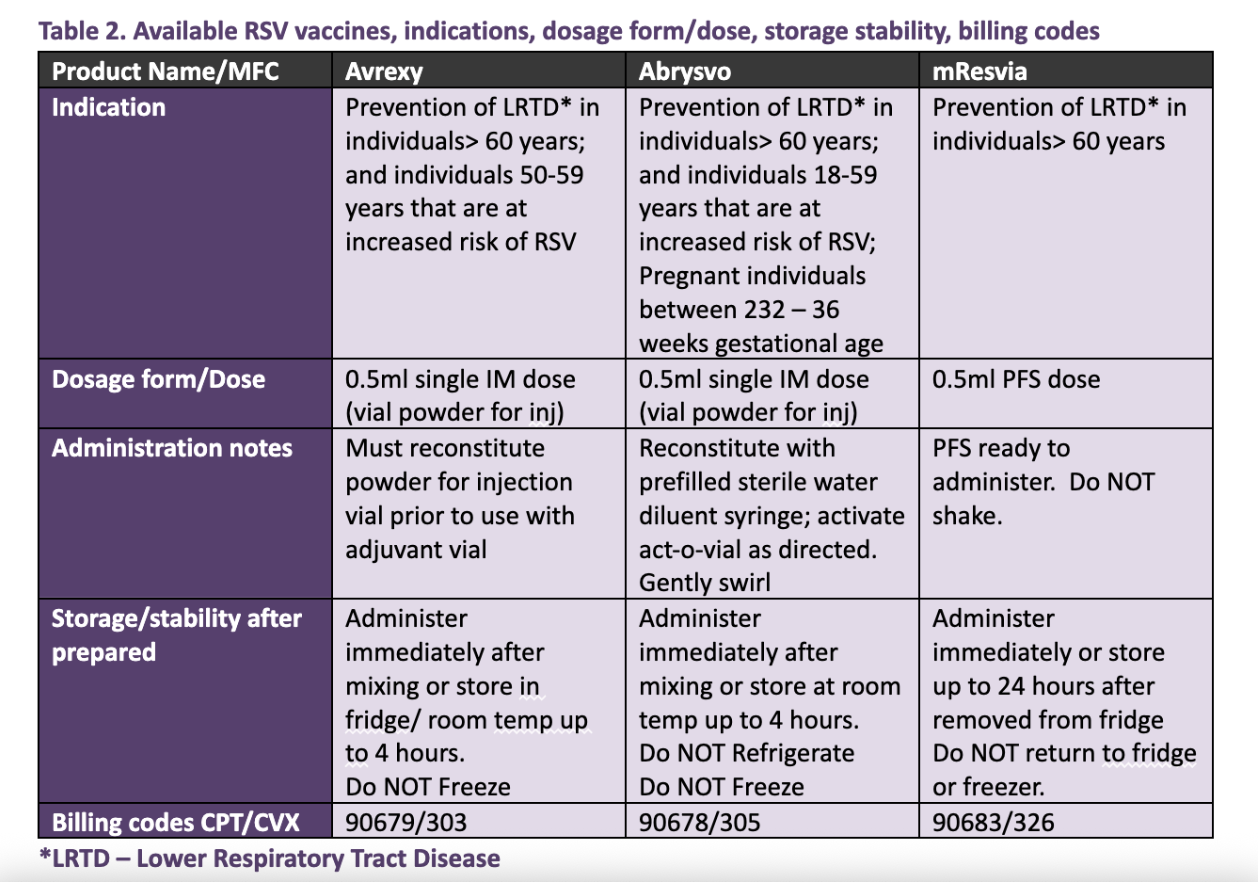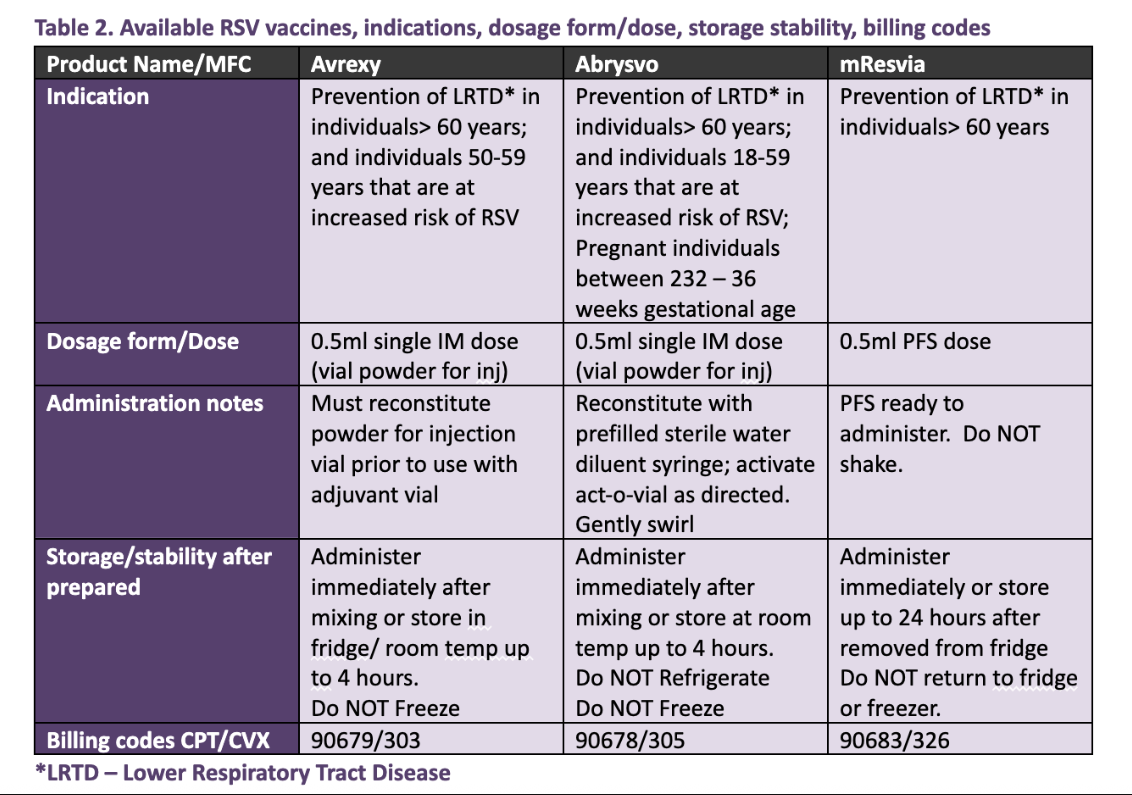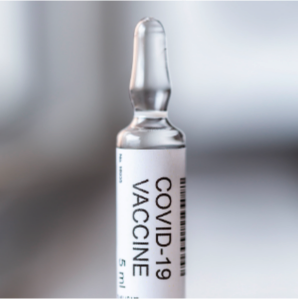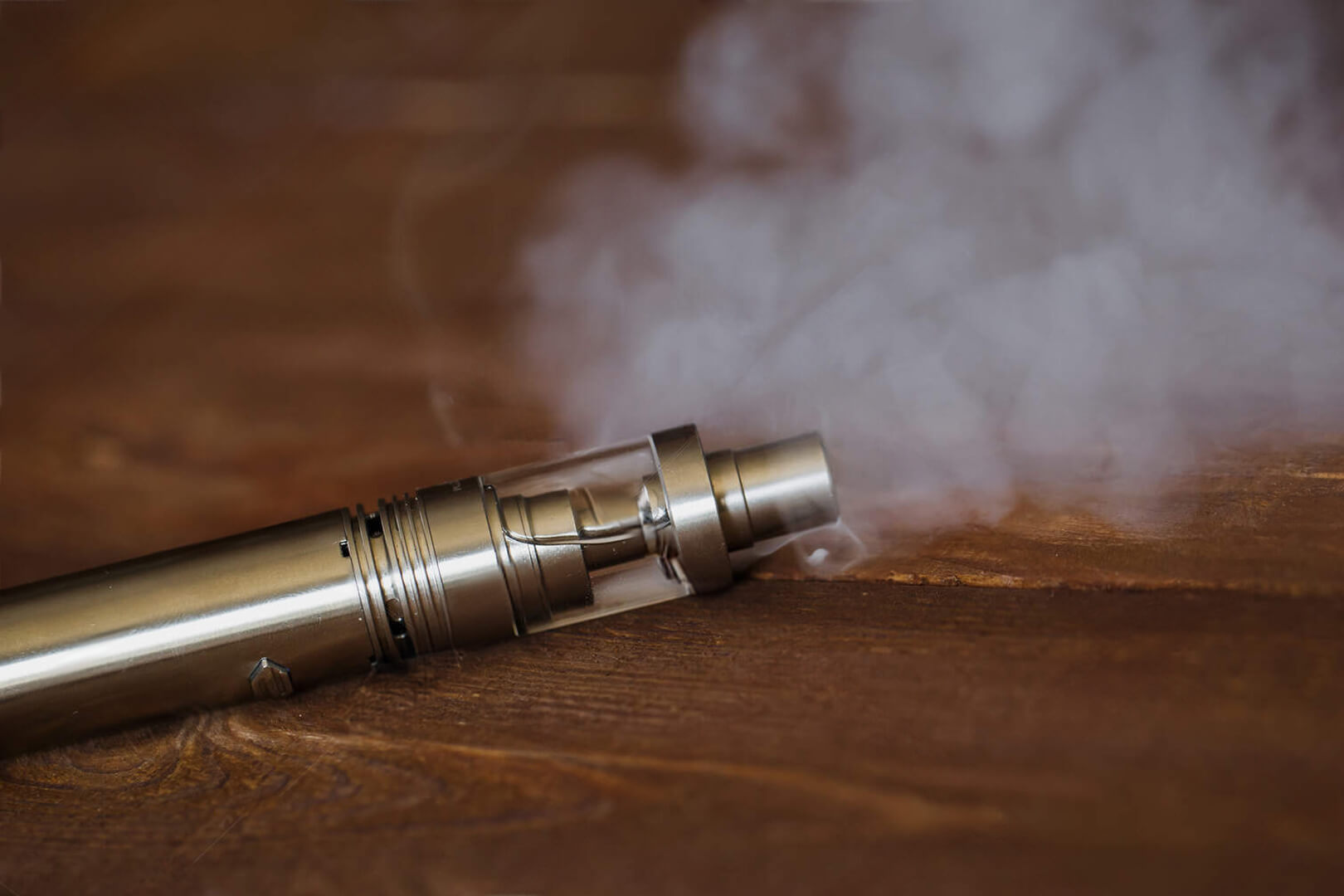Bezisterim is an investigation drug being studied for "potential ability to reduce the neurological symptoms associated with long Covid” Though there is not exact definition of what "long Covid" is, common symptoms are extreme fatigue, brain fog, light headedness, dizziness, and loss of taste and smell. Bezasterim is being investigated for Alzheimer’s and Parkinsons Disease since results showed patients experienced improved cognition and biomarker levels in Alzheimer’s disease. This drug can potentially be an added benefit in LTC if it shows meaningful improvement in motor control and cognition.
Novavax just received Emergency use authorization from the FDA for its new 2024-25 formula of the Covid-19 vaccine. Novavax is different from the other MRNA technology-based vaccines, as this on is protein based and targets the JN.1 strain but effectively covers the KP strains. Authorization of the updated Novavax, gives an additional option of another Covid-19 vaccine meeting FDA standards.
Neffy is the first ever needle-free Epinephrine Nasal spray that received approval from the FDA. Neffy is approved for type 1 allergic reactions, including anaphylaxis in adults and pediatrics that weigh over 66 pounds. This is a breakthrough treatment because up until now EpiPen/epinephrine has only been available as an injectable and can be challenging to self- administer for some individuals who fear needles that are going through an anaphylactic reaction. That delay in administering a needle can be life threatening with anaphylaxis. Neffy will be a safe and accessible therapeutic option and is easy to carry/store - beneficial to the long-term care and community.
References:
https://www.drugtopics.com/fda-updates
CMS Survey Process Changes and Modernization to "Targeted Survey"
September 2024
All nursing homes that participate in the Medicare program must go through an annual recertification inspection, known as standard survey. These surprise visits conducted by the State can last days and is an intense process. Covid-19 and other factors resulted in state surveyors falling months to years behind on the annual survey process. Delayed surveys affect the CMS compliance and five - star quality rating of a nursing home as well and cause some facilities to fall out of compliance due to lack of consistent surveys. CMS finally decided to pilot a new "risk- based survey" as of April 2024. The goal is to use a more focused survey that will take less time for facilities that were consistently "higher- quality". The goal is that shorter quality surveys for these facilities will free up the time and resources for the higher-risk nursing homes and help all facilities to be up to date with annual surveys and their CMS ratings. "Higher quality nursing homes" are considered those that had few to no citations of non-compliance, better higher staffing, and fewer hospitalizations as well as other characteristics related to resident harm, abuse, investigations etc. If this survey pilot is successful, it will be the first change in the survey process in a long time and a potential benefit for all.




















.jpg)
